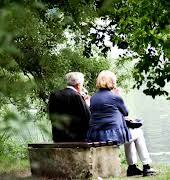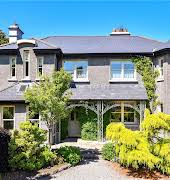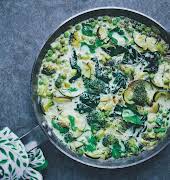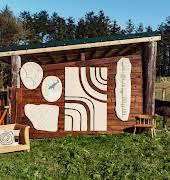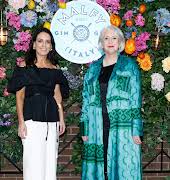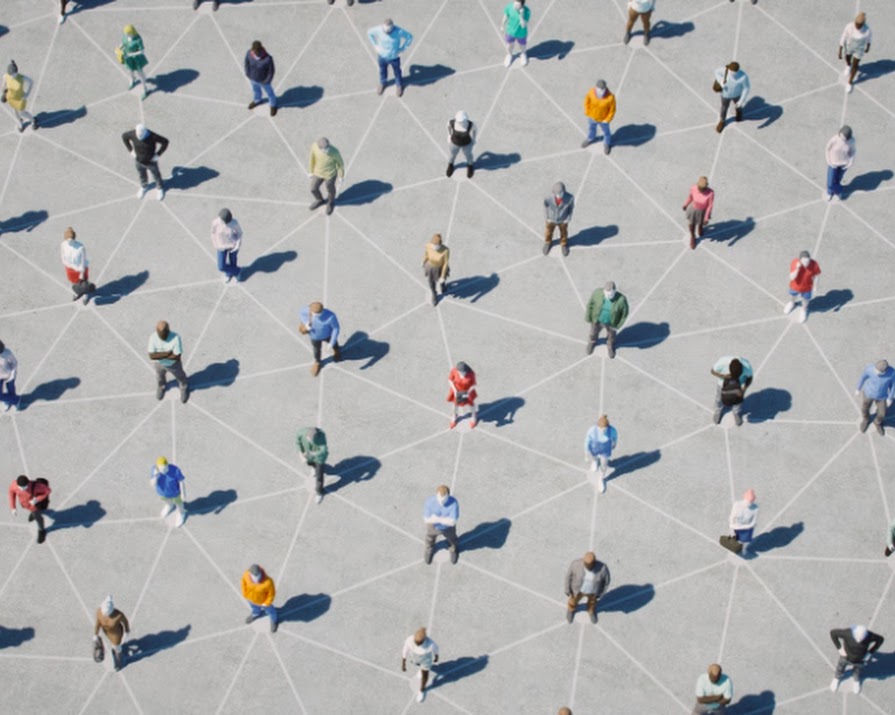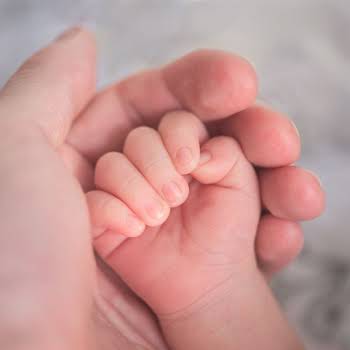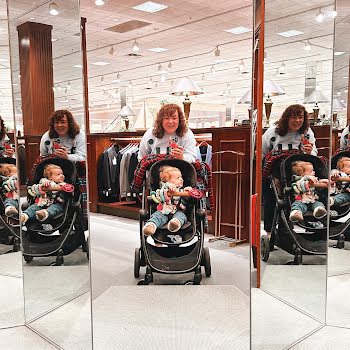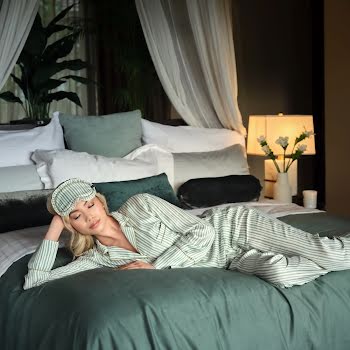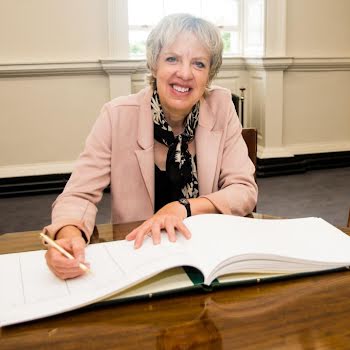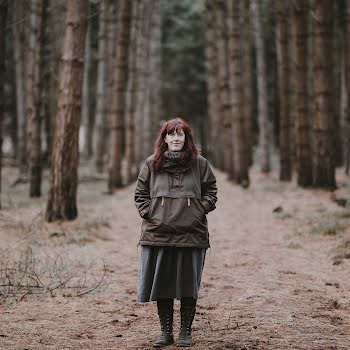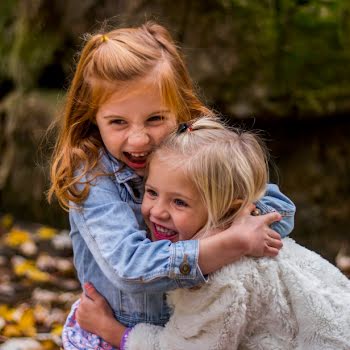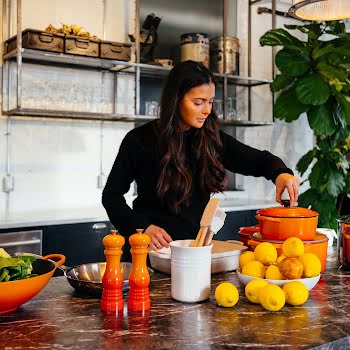
By Amanda Cassidy
18th Jul 2020
18th Jul 2020
We’ve come to terms with the immediate urgency that coronavirus has brought, but now what? Amanda Cassidy speaks to the experts about how to grieve our old life, while not messing up our kids in the process.
The stay-at-home restrictions have hit many of us hard. Financially and psychologically. We are social creatures, designed to thrive in communities. The urgent response prompted our nervous systems to enter fight or flight response. The result was manic stockpiling, a panic to create timetables, gravitation towards technology that would connect us – the fear of isolation paralysing after living in such a connected world.
But now, as we ease restrictions, a second-wave of anxiety has hit. Now what?
We’ve evolved from fight or flight response into shut-down mode, the script no longer clear about what exactly lies ahead. In addition, we are coming to terms with the fact that we will have to mourn parts of our past life.
Socially distancing can bring about loneliness that we are not biologically primed for
Bereavement
“It is a grief of sorts,” explains Anna Nauka, psychologist at My Mind, an online social enterprise platform for those seeking mental health support. “Everything has been turned on its head,” she explains. “Our response is to start to normalise our own situation. So the answer here is time. Emotionally we are completely unsettled and our emotional response to that is feeling anxious.
“Our nervous system is doing what it is supposed to do. But the adjustment that is ahead will take some time. We have to reverse these responses and it will take time for our body and mind to calm down.”
Anna says that all change brings a sense of loss and that is our current challenge. “Losing our sense of normal creates a process of bereavement. It is the difficult part. And feeling separated from others, even socially distancing can bring about loneliness that we are not biologically primed for.”
It is the paradox of these times. Being separate is necessary to halt the spread of coronavirus, but it might also contribute to poor health both physically and mentally in the long run. The trick is to not let such measures cause social and emotional isolation too.

And if we are struggling with this ourselves, what on earth are we supposed to be telling our children?
Role model
Playing is the language of kids. Through their games, they are giving us emotional breadcrumb trails
Joanna Fortune is a psychotherapist and author of the 15-minute parenting series. She says that children take their coping cues from their parents or caregivers.
“If you seem ok then the children will believe that things will be ok. It might sound like parent blaming but if we, the parents, can have that effect, we can use it positively. Like on a plane, we should put our own mask on before we can help our children. Check yourself, mind yourself, and then the children can follow our lead. If we are calm and accepting, they will be too.”
Joanna encourages using play to monitor how they are responding to the evolving situation.
“Playing is the language of kids – how they work things through. Through their games, they are giving us emotional breadcrumb trails. It is a great tool if we want to know how they are coping with the current situation,” explains Joanna.
We tend to talk at children instead of ‘doing’ with them. And while parents are naturally busy at the moment with working from home or dealing with an evolving financial or health situation, just take 15 minutes a day to take a walk with them, do chores together, anything without distraction so they can find the predictability in their day.
I miss his teacher more than he does

Juggling act
Yoga instructor Alicia Harmon is a mum to an 8-year-old son. She says lockdown has brought a roller-coaster of emotions. “Our days flow like many other families, I suspect, such as getting them fed, homework battles fought and wearily won and lost, and then comes the relentless ‘job’ of keeping them entertained for the rest of the day.
“However, when you have one child on lockdown there is no chance of them playing with anyone except for you. You are their playmate. For better or worse, until lockdown ends, you are it.
“Going from ‘mother’ to ‘teacher’ to ‘playmate’ and back to ‘mother’ is like being a superhero for one person, and a demanding one at that. I miss his teacher more than he does. It makes me wish for the umpteenth time that we appreciated our educators properly and that teachers and footballers would have their salaries swapped. But that would make life fair, and it’s not. This virus epitomises that.”
The teachers are experts in teaching. What we can do now is emotionally nurture and guide them
But has the pressure to homeschool on top of our own work added to the second wave of anxiety we are beginning to feel? Joanna Fortune’s advice is not to make academia a battleground.
“Education is much broader than we typically understand it. You can do virtual tours around museums, making forts, helping in the garden, using their imagination. The teachers are experts in teaching. What we can do now is emotionally nurture and guide them. That’s not nothing – that’s important.”
What comes next
“Staying in isn’t easy but the prospect of not knowing what lies ahead is even more daunting”
Copywriter Annie (31) and her partner Carl (29) had just moved to an apartment in Wicklow together when the lockdown kicked in. She says one day she’s up and another she’s down. She said staying in wasn’t easy but the prospect of not knowing what lies ahead is even more daunting.
“After the initial excitement of freedom from the daily grind, the days have become longer – especially the weekends. Having three public holidays has been much more challenging than I expected. Normally I wouldn’t fuss too much over Easter or Paddy’s Day, but this year our low-key Easter felt different.
“Maybe it’s just knowing you can’t see your friends and family, even if you wouldn’t normally have. Dropping in because you’re in the area or meeting up with a pal for a coffee are the micro-lifts in our day that add up to feeling good,” explains Annie.
“Without them leaves us a bit empty. I am counting down the days to May 5th to (hopefully) see the ones I love but not knowing how that might look keeps me awake at night.”

Reflection
How we adust to a new way of living and what that brings, depends on our perspective.
Therapist and Newstalk contributor David Kavanagh said there are positives to be taken from this dramatic upheaval of our lives. “Covid-19, if we approach it a certain way, has given us the chance to take stock, for self-reflection, to reassess our priorities.”
Kavanagh says that habits formed over our lifetime have resulted in a distortion of how we value things. “We’ve been conditioned to believe that work is the only thing we can measure what is good about ourselves. Our worth based on how much we earn rather than human relationships. We are judged in all the wrong categories — the size of our house, the price of our shoes rather than our health, the people we touch.
And while working from home, loneliness and homeschooling are all undeniably challenging, this time can be viewed as special. It might make us give more of ourselves to others rather than being distracted constantly.”
We are recalibrating. That’s always tough
New normal
There is no doubt that we are finding out just what is important in life. Priorities have flipped. And although the future is uncertain, perhaps we will move forward with a fresh perspective, an appreciation for the simple things.
Anna Nauka of My Mind believes that we can try to use the current solitude and isolation to serve as a time of reflection and that will allow us to understand and even accept the situation better.
“We are recalibrating. That’s always tough. But’s important to remember that the new normal will eventually just become our normal.”
Read more: I tried yoga for the first time ever during lockdown, and I have some thoughts
Read more: Stop trying to fit in: how to find your authentic voice and embrace your true self
Read more: Perimenopause: The symptoms you may not know about



